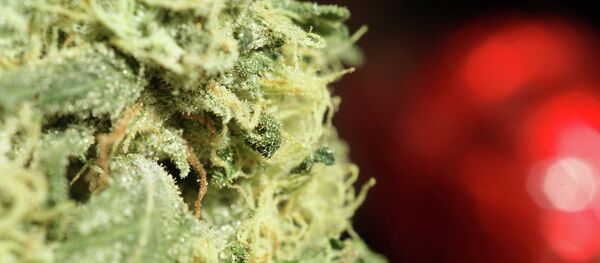Researchers at the University of Wisconsin School of Medicine and Public Health compared the gut microbiome of 25 humans with Alzheimer's disease to 25 human subjects with healthy cognitive function.
"By using DNA sequencing to take a ‘snapshot' of gut bacterial composition, we found that individuals with dementia had decreased microbial richness and diversity in their gut microbiome compared to people without a diagnosis of dementia," first author Nicholas Vogt said.
According to the study, which was published in the Scientific Reports journal, certain amounts of gut bacteria were either more abundant or less abundant in people with dementia due to Alzheimer's disease.
"We were able to identify broad taxonomical changes in gut bacterial composition, as well as changes in abundance of a number of bacterial groups, some of which were more abundant in people with dementia due to Alzheimer's disease and some of which were less abundant," the study says.
The second study, published in the Psychosomatic Medicine journal by researchers at Stellenbosch University in South Africa, suggests that there are three types of gut bacteria that may play a role in PTSD.
"Our study compared the gut microbiomes of individuals with PTSD to that of people who also experienced significant trauma, but did not develop PTSD," lead researcher Stefanie Malan-Muller said.
"We identified a combination of three bacteria (Actinobacteria, Lentisphaerae and Verrucomicrobia) that were different in people with PTSD."
Subjects with PTSD were found to have lower levels of these three bacteria compared to subjects exposed to trauma who did not develop PTSD, suggesting that low levels of these bacteria result in increased inflammation, which may contribute to PTSD symptoms.
"It [the study] does bring us one step closer to understanding the factors that might play a role in PTSD," Malan-Muller said.
However, it is unclear whether microbiome differences cause the disease or are simply symptoms of the disease.
"Factors influencing susceptibility and resilience to developing PTSD are not yet fully understood, and identifying and understanding all these contributing factors could in future contribute to better treatments, especially since the microbiome can easily be altered with the use of prebiotics (non-digestible food substances), probiotics (live, beneficial microorganisms), and synbiotics (a combination of probiotics and prebiotics), or dietary interventions," the study concluded.





